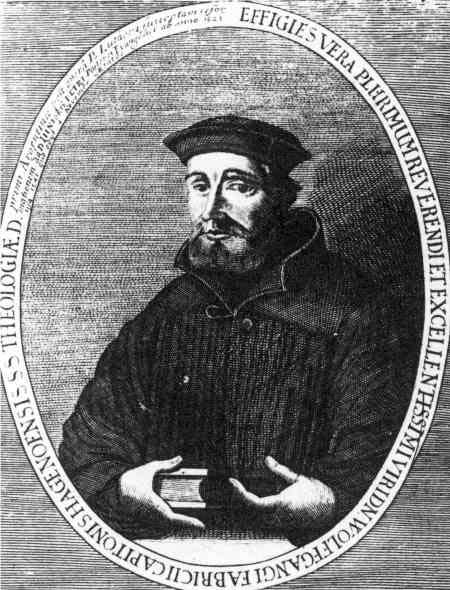A theological revolutionary at the heart of the Münster Anabaptist Rebellion.
Bernhard Rothmann, a key figure in the Münster Anabaptist Rebellion, was born around 1495 in Stadtlohn, Westphalia. By the early 1530s, he had become a leading voice in the radical Reformation movement within Münster, advocating for the complete overhaul of ecclesiastical structures and practices in line with Anabaptist beliefs. His theological contributions, particularly around baptism, church governance, and marriage, not only defined the Münster Anabaptist community but also left a lasting impact on Anabaptist theology more broadly.
Rothmann’s journey into Anabaptism began under the influence of Melchior Hoffman, an apocalyptic preacher who believed that Münster would be the site of Jesus Christ’s second coming. In January 1534, following Hoffman’s imprisonment, Jan Matthys took over the leadership, declaring Münster as the “New Jerusalem” and initiating a mass conversion and baptism campaign, with Rothmann among those baptized. This period marked the beginning of the Anabaptist rule in Münster, transforming it into a theocratic community based on Old Testament laws, including the controversial practice of polygamy, intended to address a surplus of women within the city.
Rothmann advocated for adult baptism by immersion, a stance that distinguished him from many contemporaries within the Anabaptist movement. He argued this position based on linguistic, scriptural, and historical evidence, suggesting immersion as the method most consistent with the original meanings of baptism and with early Christian practice. His insistence on the Bible as the sole authority for faith and practice, a hallmark of Protestant Reformation thought, underscored his theological writings. He emphasized the church as a community of baptized believers, a radical departure from the traditional Catholic and even mainstream Protestant conceptions of the time.
The Münster Rebellion, lasting from 1534 to 1535, saw Rothmann and other Anabaptist leaders implement a radical social and religious experiment. They established a communal governance structure, redistributing wealth and property among the city’s inhabitants and enforcing strict adherence to their interpretation of Christian doctrine. This experiment, however, ended in siege and defeat by forces loyal to the Bishop of Münster. The aftermath was brutal: the city was retaken, and the leading Anabaptists, including Rothmann (whose fate remains uncertain), were executed or vanished in the chaos.
Rothmann’s writings during the Münster Rebellion period, such as “A Restitution of Christian Teaching, Faith, and Life” and defenses of polygamy, highlight his efforts to justify and articulate the theological underpinnings of the Anabaptist movement in Münster. Despite the eventual military defeat of the Anabaptist regime in Münster, Rothmann’s theological innovations, particularly his views on baptism and the church, continued to influence Anabaptist thought and practice in subsequent generations.
The legacy of Bernhard Rothmann and the Münster Anabaptists is complex. On one hand, they represent a radical, albeit short-lived, attempt to realize a vision of Christian community based directly on New Testament teachings. On the other hand, their methods and the violent end of their regime have served as a cautionary tale about the dangers of religious extremism. Nonetheless, Rothmann’s theological contributions continue to be studied for their impact on the development of Anabaptist theology and the broader history of the Protestant Reformation.
image via GAMEO




